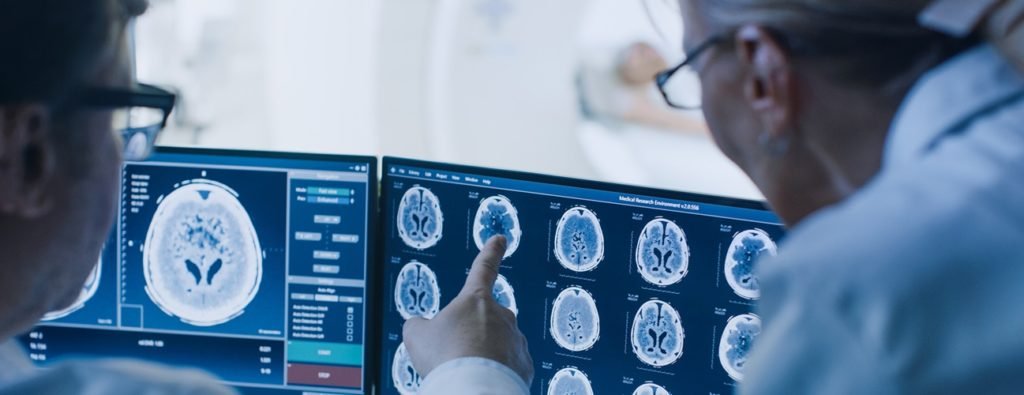Grief is a universal, if not common, human experience. That does not, however, make it easy. Although it is psychological, it has physical consequences for those who are affected. Although it’s a scientific topic, scientists who discuss it can sound poetic. Grief is “the form that love takes when someone we love dies,” according to Dr. Katherine Shear, a psychiatry professor at Columbia University School of Social Work in New York.
News From The American Heart Association: How Grief Rewires The Brain And Affects Health
COVID-19 has caused grief as well as disrupted people’s perceptions of grief. However, grief has been studied by researchers long before the pandemic. It can be difficult to define it simply. “There are about as many different definitions of grief as there are people,” Shear, who is also the director of the Columbia Center for Complicated Grief, said.

People aged 60 and older had more than twice the risk of having a stroke or heart attack within 30 days of their partner’s death, according to a 2014 study published in JAMA Internal Medicine. That came after a 2012 study published in the American Heart Association journal Circulation, which found that the risk of a heart attack was highest in the first 24 hours after a loved one died and that people with existing cardiovascular problems were especially vulnerable.
Grief has also been linked to sleep disturbances, immune system changes, and an increased risk of blood clots, according to other research. The stress of losing a loved one jolts our sense of self, our perception of how we fit into the world, according to Shulman. Although it may appear to be a philosophical issue, the brain is wired to perceive an existential threat as a threat to our very survival.
She explained that someone who has suffered a traumatic loss might experience such a reaction when they enter a restaurant that reminds them of a loved one or even when someone brings them up in conversation. Because people believe their problems are unique, such reactions can make a bereaved person feel isolated, she says. However, since writing “Before and After Loss: A Neurologist’s Perspective on Loss, Grief, and Our Brain” and giving regular talks on the subject, she’s discovered that talking with others can help.
“The message that grief and loss can be normalized by understanding why and what you’re feeling,” she said, “is received very positively.” Shear believes that grief is never truly gone. “Because we’re defining grief as a response to loss, if the loss is permanent, then so is the grief.” However, people’s reactions to grief vary. It can change dramatically over a day or even an hour. “It’ll naturally surge and then recede,” she explained.
“We go back and forth between facing the loss’s pain and being able to set it aside or compartmentalize it.” It can eventually progress to the point where it is mostly in the background, with only brief bursts of more intense, noticeable thoughts and feelings about the person who died. People eventually figure out how to let good memories in without triggering stress. “When someone we love dies, we never have any response,” she said. “However, it does change its appearance over time.”

